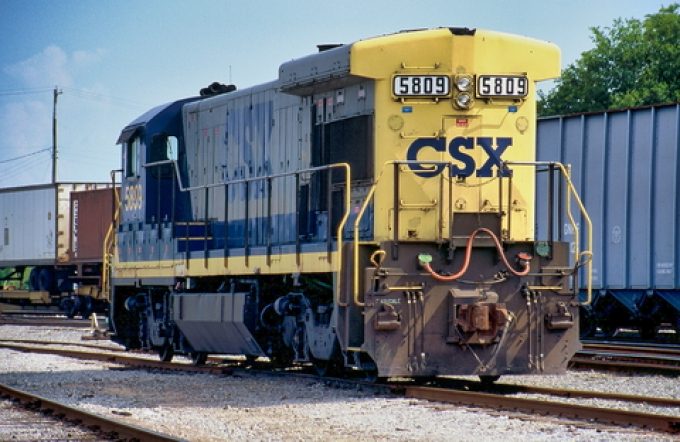Norfolk Southern adds independent director to board 'via cooperation agreement' with activist Ancora
PRESS RELEASE Norfolk Southern to add new independent director to board via cooperation agreement with shareholder ...

Another US freight train derailment forced the evacuation of residents in Livingston, Kentucky, on Wednesday.
Some 16 cars of the CSX train derailed and caught fire at 2.30pm, two of them tank cars carrying molten sulphur. Kentucky governor Andy Beshear declared a state of emergency.
Authorities were still testing for sulphur dioxide, the gas formed when molten sulphur burns and which is removed from ship exhausts by EGS ‘scrubber’ systems. In relatively small amounts, it can ...
Keep our news independent, by supporting The Loadstar
Volume surge and an early peak season? 'Don't celebrate too soon,' warning
Container spot rates diverge: to Europe still falling, but firmer to the US
Ecommerce likely the front-runner in resurge of transpacific trade after deal
Hapag-Lloyd won't take bookings if port congestion leaves cargo stranded
China-US trade tariff pause could drive a rebound for transpacific rates
Shippers should check out the 'small print' in China-US tariff cuts
Service chaos from trade ban with India a problem for Pakistan shippers
Carriers impose 'emergency operation' surcharges on Pakistan cargo
Airfreight rates ex-China 'loss-making', but hopes of a trade deal stay high
Serious threat to jobs in US logistics as tariffs cause economic 'stagflation'
15% rebate for box ships as Suez Canal Authority woos carriers
White House u-turns see freighters flying but keep logistics players on their toes
MSC in terminal switch as Nhava Sheva gets strong start to new fiscal year
Peak season or recession? Forwarders and shippers need to 'stay flexible'
Volga-Dnepr claims 'pirate' Canada has 'hijacked' its stranded aircraft

Comment on this article